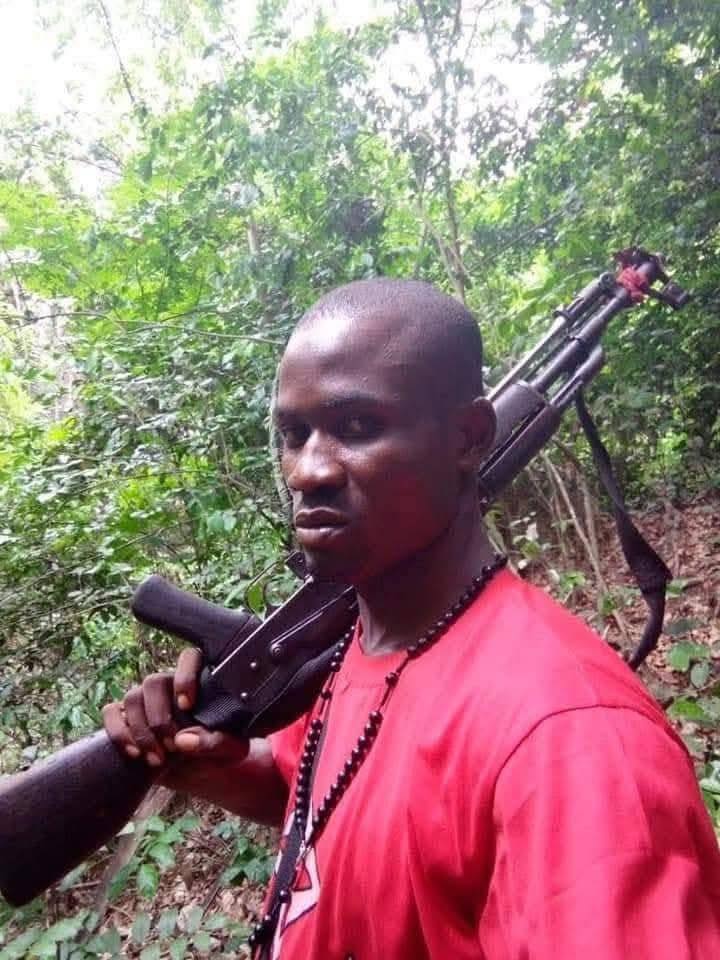
A former fighter of the Indigenous People of Biafra’s (IPOB) armed wing has made shocking revelations about the group’s violent activities in Imo State, including killings, arson, and ritual practices allegedly ordered by IPOB leader Mazi Nnamdi Kanu.
In a confession obtained by security operatives, the ex-fighter narrated how the group carried out attacks on prominent individuals’ homes, including those of a state commissioner, a legislator, and local councillors, as well as targeted killings of those suspected of opposing their cause.
He further alleged that Kanu ordered the burial of slain commander Ikonso with “2,000 human heads,” though he admitted that only 30 had been killed so far. The fighter also described the use of human remains—particularly the heads of young girls—for charms, which they believed provided them with “local bulletproof.”
The group reportedly planned a major attack on Orlu Police Division, mobilising over 50 fighters in 10 vehicles, before being intercepted by police and army armored units. At least 12 IPOB members were killed in the clash.
The ex-fighter admitted responsibility for the deaths of several police officers, many of whom were fellow Igbo men, before expressing relief at Nnamdi Kanu’s arrest. He pleaded for amnesty from the Federal Government, saying IPOB fighters were never paid but deceived into believing they were “freedom fighters.”
Meanwhile, critics from within the South-East have called for accountability. A concerned citizen said:
“Kanu and his members that committed atrocities in Igbo land should be made to pay for their sins against our people. Many calling for justice on Kanu have ignored the victims his group slaughtered. He once called for 2,000 heads to be buried with Ikonso. Why didn’t he offer his own or those of his relatives? Peaceful agitation turned into violence that nearly destroyed our zone.”

The revelations add to mounting calls for justice for victims of separatist violence in the South-East, even as debates continue over whether members of the group should be prosecuted or rehabilitated under an amnesty programme.




